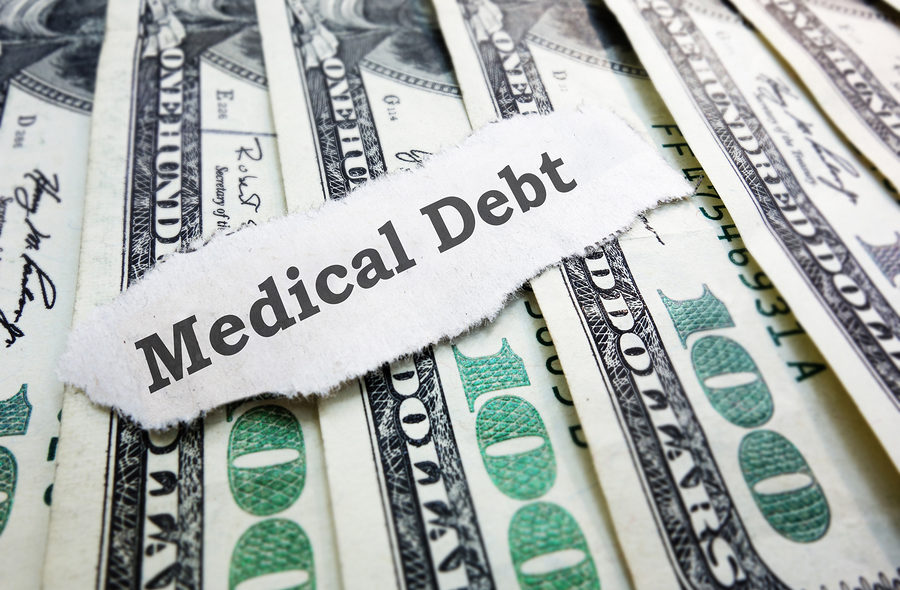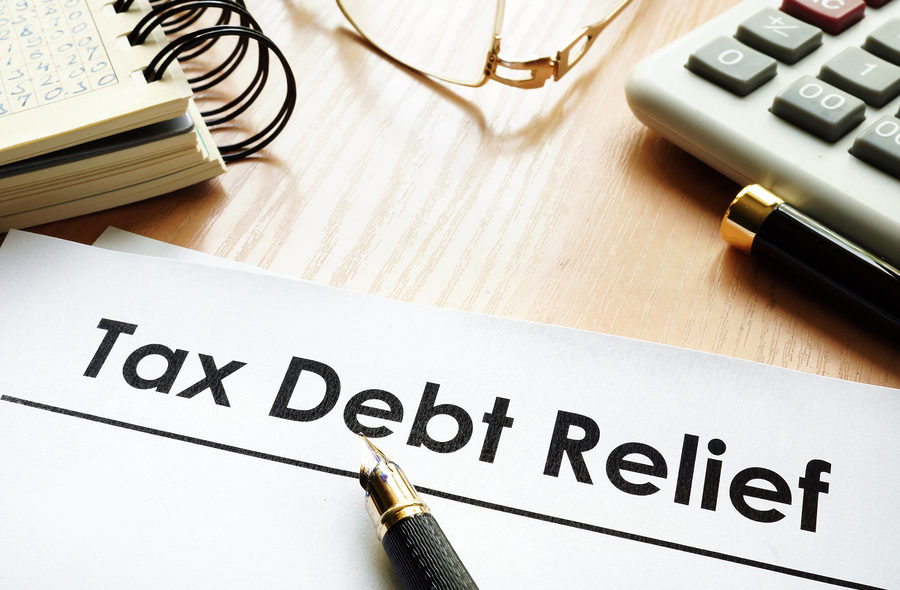When someone is facing a difficult financial situation, it can be tempting to pull money from whatever resources are readily available. Many consumers feel they have no choice but to dip into their retirement savings to pay for financial emergencies or unexpected expenses. In fact, according to a recent study published by Magnify Money, more than half of all Americans have withdrawn money from their retirement savings early.
Twenty-three percent of those surveyed stated that they did so to pay off debt. Another 17 percent used this money to put a down payment on a home, while 11 percent used the money to pay for education costs. Nine percent surveyed reported using money from their retirement savings to pay down medical debt.




